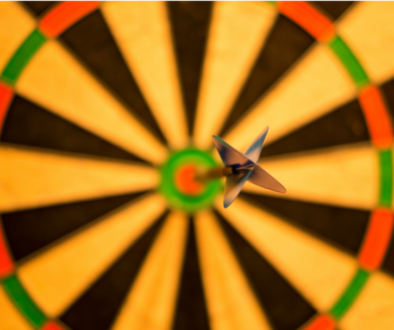Does Meal Timing Matter?
 When it comes to proper nutrition for weight loss, there are 3 things you can control: what you eat, how much you eat, and when you eat. Maybe you’ve made some improvements to the first two. But what about meal timing? If you’ve ever thought that eating large meals late in the evening makes it harder for you to lose weight, you’re not wrong.
When it comes to proper nutrition for weight loss, there are 3 things you can control: what you eat, how much you eat, and when you eat. Maybe you’ve made some improvements to the first two. But what about meal timing? If you’ve ever thought that eating large meals late in the evening makes it harder for you to lose weight, you’re not wrong.
If you’re following an Ayurvedic lifestyle for health, you know meal timing is part of your dinacharya (daily routine): maintaining consistent meal timing every day, eating your biggest meal at lunch time when digestion is strongest, having your lightest meal no later than 7pm, and asleep by 10pm. If you need some science to back this up, it’s called chrononutrition, eating according to your body’s 24-hour cycle or circadian rhythm.
The main clock in your brain is highly influenced by light because your body craves syncronicity with day and night. It wants to eat and be active during the day and to sleep at night. And every system in your body is set up for this cycle. In fact, many organs in the body (like the gut, muscles, and even fat) have their own clock. When these various clocks are out of sync with each other and with the external environment, you get dysregulation and dis-ease. This is why shift-work is so detrimental to health.
Here’s what the science tells us:
You’ll burn more calories digesting food (TEF or thermic effect of food) in the morning versus in the evening. Insulin sensitivity is greater in the morning, and it decreases throughout the day. That means the same meal will cause higher blood glucose levels in the evening versus in the morning. Add to this that you produce more insulin in the morning compared to the evening and you can see that you’re meant to eat more in the earlier part of the day while tapering off in the evening.
Many studies have found that eating your bigger meals earlier in the day leads to lower body fat percentage, faster metabolism, lower triglycerides, lower blood glucose levels, greater satiety, and less hunger throughout the day. Eating on a consistent meal schedule every day (even on weekends) is beneficial because it leads to higher TEF (burning more calories through digestion) and better glucose response.
What about IF (Intermittent Fasting)?
First, unless you’re sleep-eating, you’re fasting every night! That’s why the first meal of the day is called break-fast. Get it? Sorry, but you can never actually skip breakfast. The first meal you eat, breaks the fast, no matter what time of day you have it. While the popular method of IF may have you eating breakfast mid-day and continuing to eat later into the evening, that’s in direct opposition to your innate circadian rhythm.
If you’ve been skipping breakfast and eating close to bedtime for while and your health and body weight aren’t improving, IF is not working for you. If you’re a woman over 40, this is no surprise. Many women’s health experts agree that IF isn’t effective for women. You will be much happier and healthier if you instead eat a high-protein, low-sugar breakfast not long after waking and stop eating at a reasonable time at night. If you need a catching name, this is called Time-Restricted Eating (TRE).
With TRE, you have a specific number of hours for your eating window, and the rest is your fasting window (just like IF). If your current eating window is greater than 12 hours, that’s a good place to start. 12 hours after breakfast, be done eating. That gives your body 12 hours to digest and process.
What’s the best time for your eating window?
Based on what we know about circadian rhythm and chrononutrition, your 12-hour eating window should be no later than 8a to 8p. If you’re following an Ayurvedic lifestyle, aim for 7am to 7pm. If you’re eating window is already 12 hours and you’d like to shorten it, start by taking 30 minutes or 1 hour off the end. As always, the best plan is the one you can stick with every day for the rest of your life. And habit change happens one small step at a time.
If you want to lose weight while improving your physical health and emotional well-being, be sure to address meal timing. Eating in alignment with your body’s natural rhythm will lead to better digestion, improved health, and a healthier body weight.



